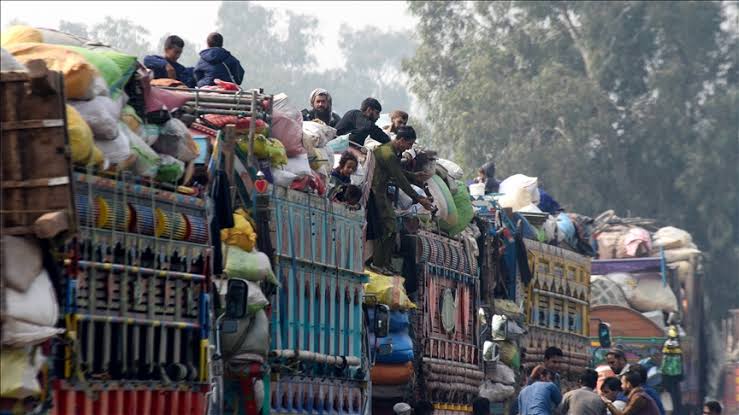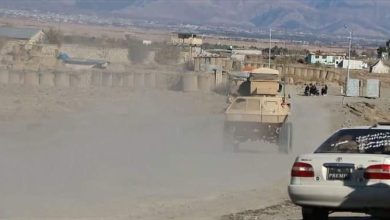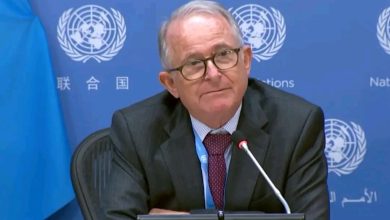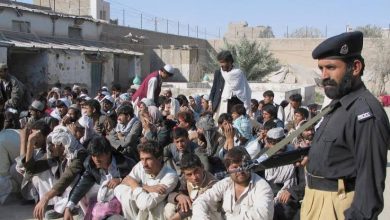
IOM Says 2.43 Million Afghan Migrants Have Returned from Iran and Pakistan
The International Organization for Migration (IOM) has stated that between September 2024 and April 2025, approximately 2.43 million undocumented Afghan migrants have entered Afghanistan from Iran and Pakistan.
In a statement released today (Tuesday, April 15), the organization said that 54 percent of these individuals were forcibly deported.
According to the IOM, it has so far provided initial assistance — including food, water, healthcare services, and psychological support — to 1,300,563 of these returnees at Afghanistan’s borders.
The statement added that in just the first two weeks of April, 60,000 migrants were deported from Pakistan through the Torkham and Spin Boldak border crossings and returned to Afghanistan. Of these, 10,641 people received assistance.
The UN-affiliated organization emphasized that the ongoing deportation of migrants from Pakistan could negatively impact the lives of 1.6 million Afghans by the end of 2025 — including undocumented migrants as well as those holding Pakistani citizenship cards.
Mihyung Park, Chief of the IOM Mission in Afghanistan, pointed to the organization’s support efforts for returnees as a sign of its strong operational capacity and commitment to assisting migrants.
Warning about the increasing number of deportations, she said: “With the intensifying deportations from Pakistan, humanitarian needs at the borders and in returnee settlement areas have risen significantly. Responding to these needs will only be possible with additional emergency funding.”
The IOM has called on all countries to halt the forced return of Afghan migrants unless conditions for their voluntary, safe, and dignified return are in place.
The organization stressed that deporting migrants without considering their legal status will only worsen the humanitarian crisis in Afghanistan.
The increase in deportations of Afghan migrants from Iran and Pakistan comes at a time when Afghanistan is grappling with economic crises, political instability, widespread unemployment, and poverty.



